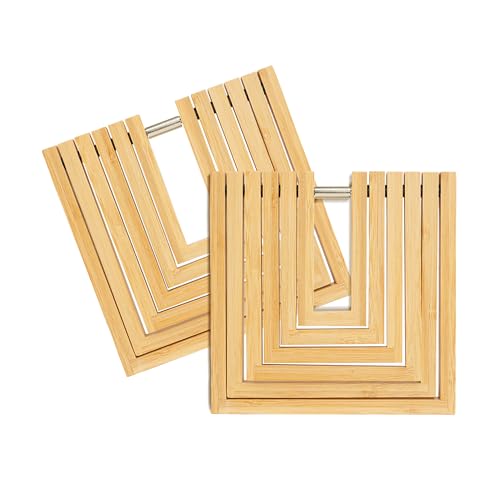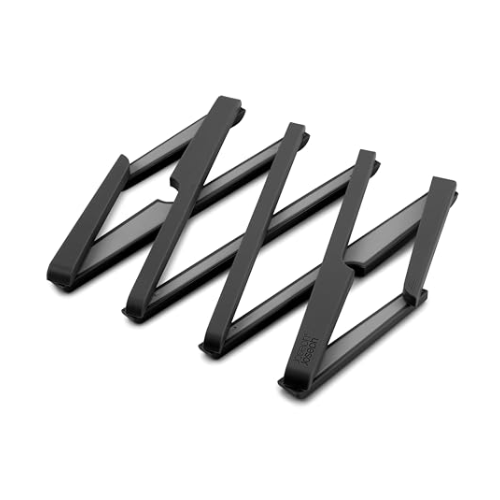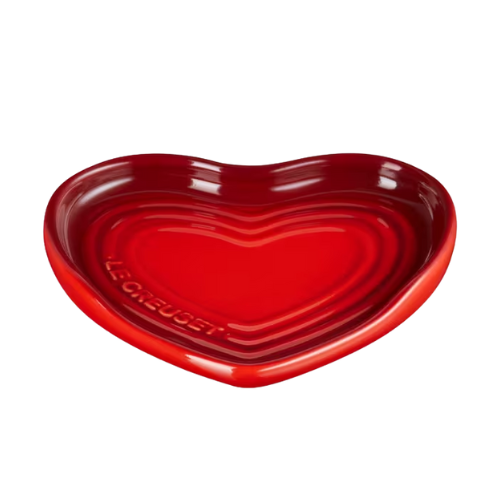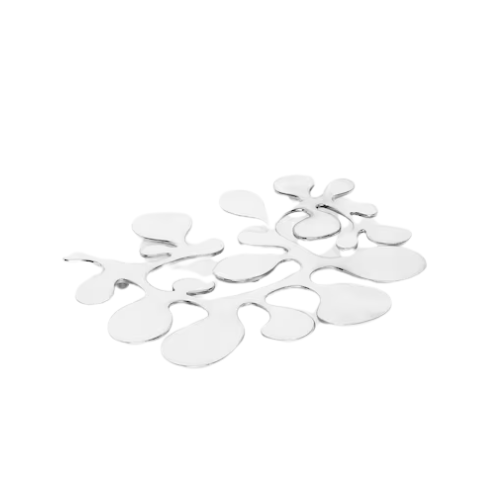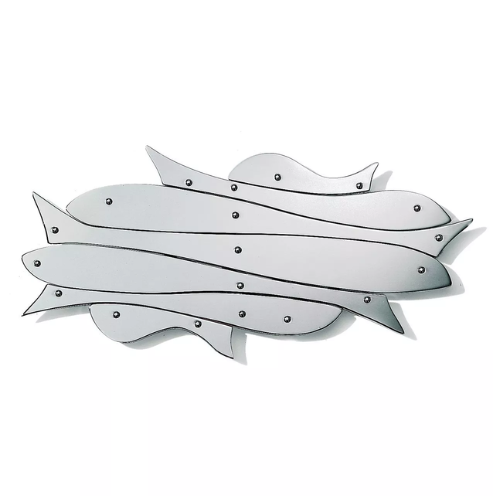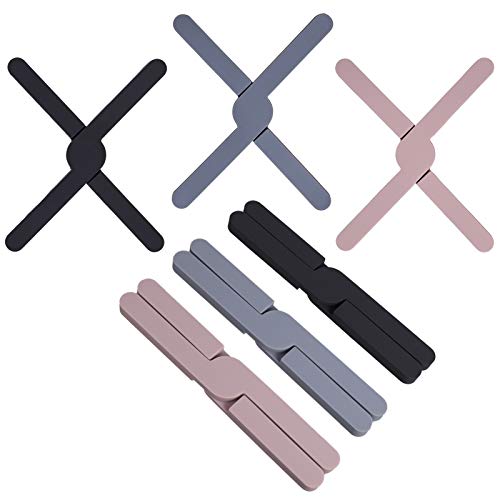Can I Put a Hot Pan on My 'Heat-Resistant' Countertops? What to Know About the Different Materials, and the Catastrophic Mistake to Avoid
Can your countertop handle the heat? Our experts break down the best surface materials for just that

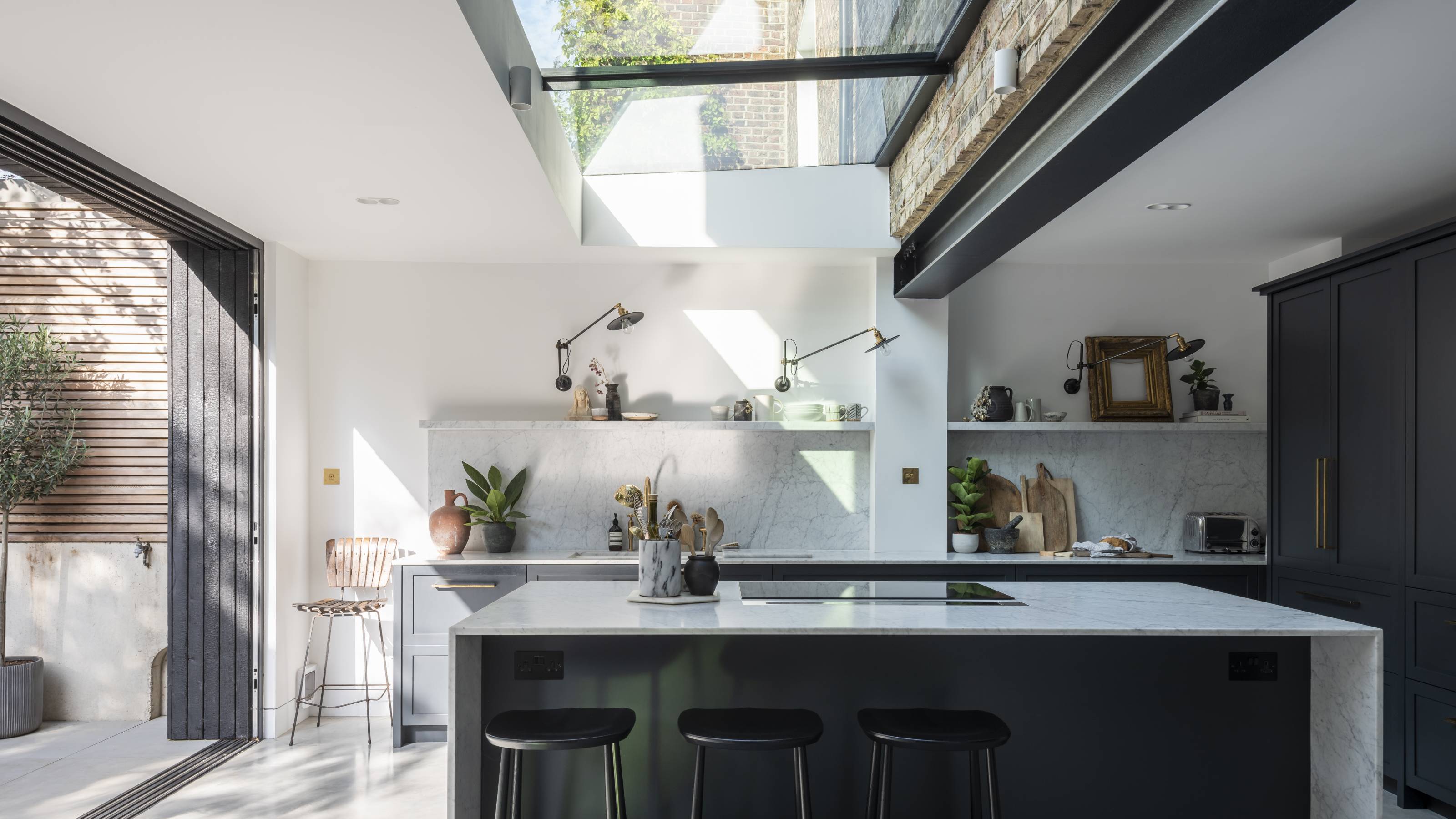
You know what they say — if you can't handle the heat, get out of the kitchen. But does this philosophy apply to our kitchen countertops?
Determining whether your kitchen countertop ideas can withstand higher temperatures can be more complicated than you may expect. With so many terms flying about, how do you know if your kitchen needs to be heat-proof or heat-resistant? And what exactly is the difference between the two?
Broadly speaking, heat-proof implies a total resistance to high temperatures. In contrast, heat-resistant refers to a higher capacity to handle heat exposure, while still necessitating some level of care around them.
Kitchen countertops can be heat-resistant, but there aren't, really, any that you could classify as heat-proof. So, with that in mind, you really should avoid putting a hot pan down on a bare countertop if you don't want to risk catastrophic consequences like 'thermal shock', which can crack and shatter surfaces. Here's what you need to know.
What Is the Difference Between Heat-Proof and Heat-Resistant?
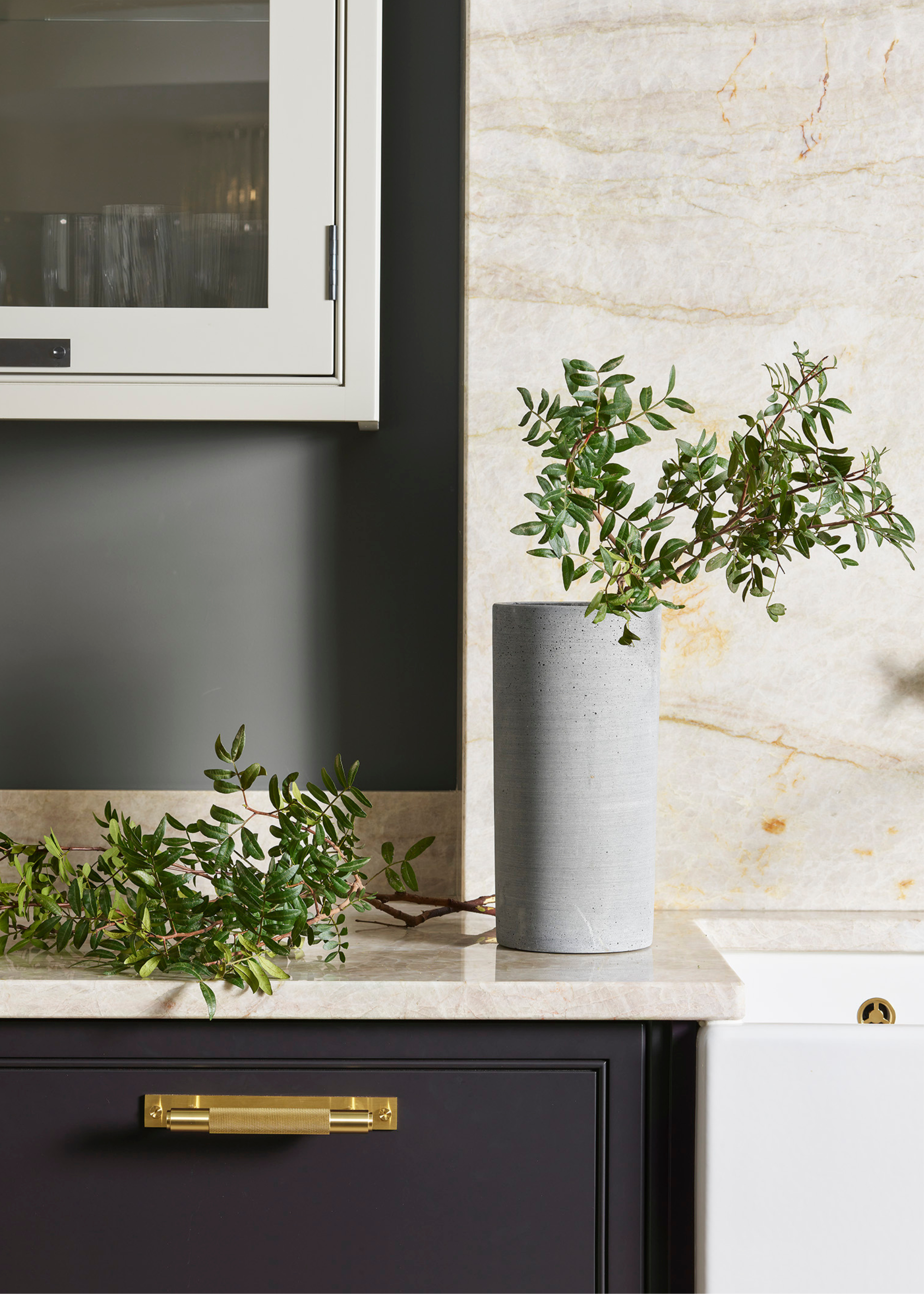
Before we get into the countertop materials, it's important that we're clear on our definitions first.
Starting with heat-proof. What does this term mean, and how is it different from heat-resistant?
Heat-proof implies a complete immunity to heat of any temperature, a practically indestructible material which is virtually impossible to find in any material you'd find in a modern kitchen.
The Livingetc newsletters are your inside source for what’s shaping interiors now - and what’s next. Discover trend forecasts, smart style ideas, and curated shopping inspiration that brings design to life. Subscribe today and stay ahead of the curve.
"When it comes to work surface materials, there’s often confusion around how they respond to heat. No natural or manmade surface is truly heat-proof," explains Charlie Smallbone, founder of Ledbury Studios.
With this in mind, the term you should be looking out for regarding your countertops should instead be heat resistance. This, Charlie says, "means they can withstand heat to varying degrees but should always be treated with care."
Heat-resistant materials, while not entirely insusceptible to high temperatures, can generally be trusted to withstand exposure to hot pans and dishes.
Charlie has spent 40 years redefining kitchen design. Passionate about blending function with beauty, he champions kitchens as spaces for living, cooking, and entertaining. His latest designs showcase exceptional craftsmanship, original materials, and modern technology, creating unique, high-quality kitchens tailored to enhance everyday life.
The Best Heat Resistant Materials
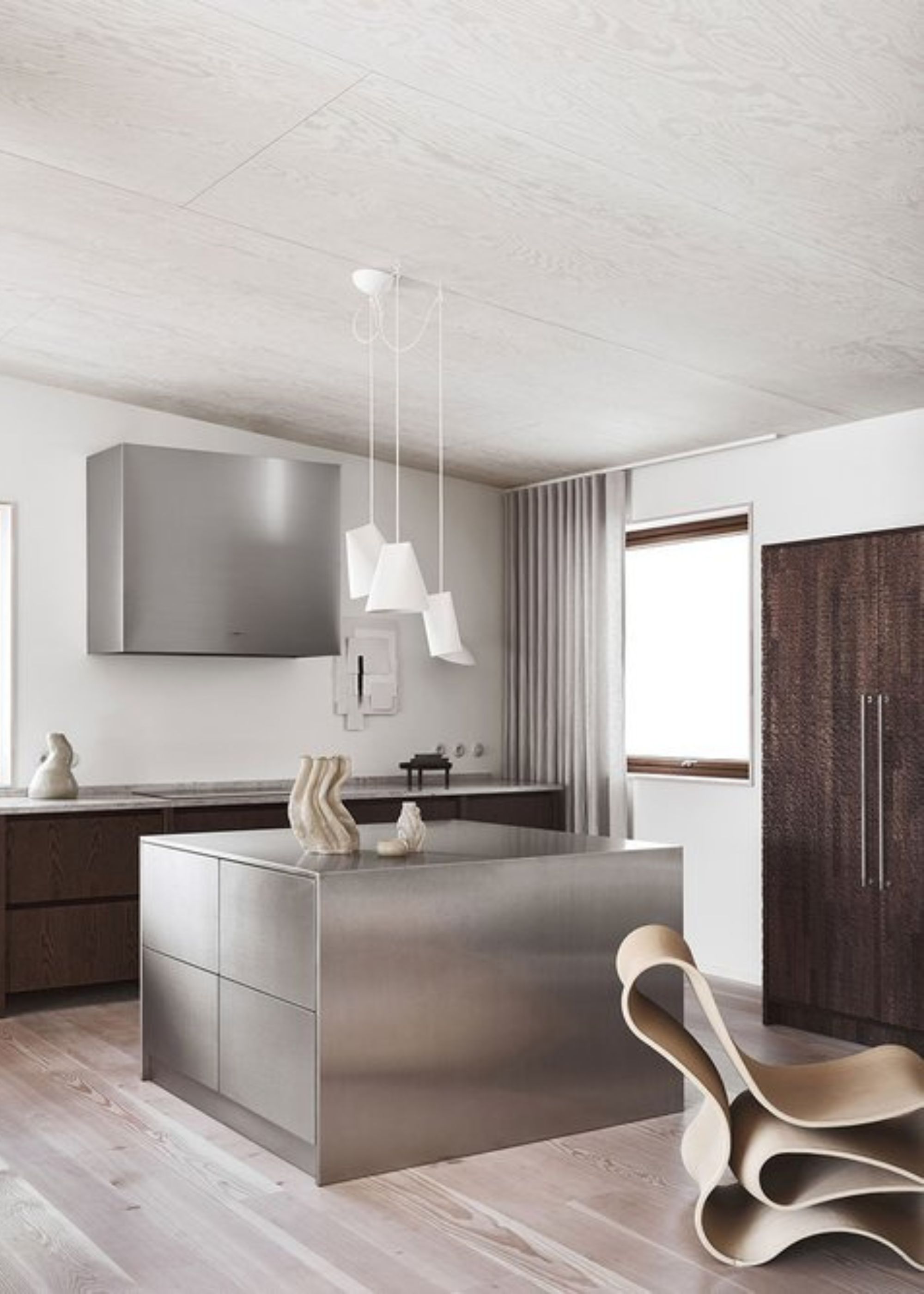
"Heat-resistant champions are quartzite, granite, and porcelain," says Judi Cooper, from Kitchens Inside Out. "These surfaces shrug off high temperatures and are stable under daily cooking heat."
When we talk about heat-resistance, what we are most commonly referring to is the material's ability to limit the transfer of heat, thanks to its high thermal resistance. Generally, these materials will have particularly stable chemical structures, ensuring that they do not warp or melt under higher temperatures.
Natural stones are some of the most effective materials for heat resistance and are often the type of countertop that lasts the longest. Plus, it doesn't hurt that they often look good, too.
Quartzite has become one of the most popular materials for luxury kitchens nowadays, challenging even marble kitchens. Charlie says, "Quartzite is one of the most heat-resistant natural stones you can specify, which is one of the reasons we use it so often at Ledbury Studio. Along with its strength and durability, it’s also highly resistant to scratching, staining, and UV light – making it an excellent all-round choice for kitchens."
Another popular choice is granite, known for its signature dark, veined look.
But it's not just natural stones that the experts recommend. Makers' head of design, Lizzie Spinks, says, "Dekton or Silestone are brilliant high-performance options that are resistant to heat and scratches. They are also available in a wide range of color palettes to suit a variety of kitchens."
In terms of manmade materials, porcelain is undoubtedly the most reliable against heat.
However, it's essential to note that, regardless of your surface's heat resistance, no manufacturer recommends placing hot pots directly on it. Therefore, having a few heatproof mats on hand is always a good idea.
What Materials Are Most Sensitive to Heat?
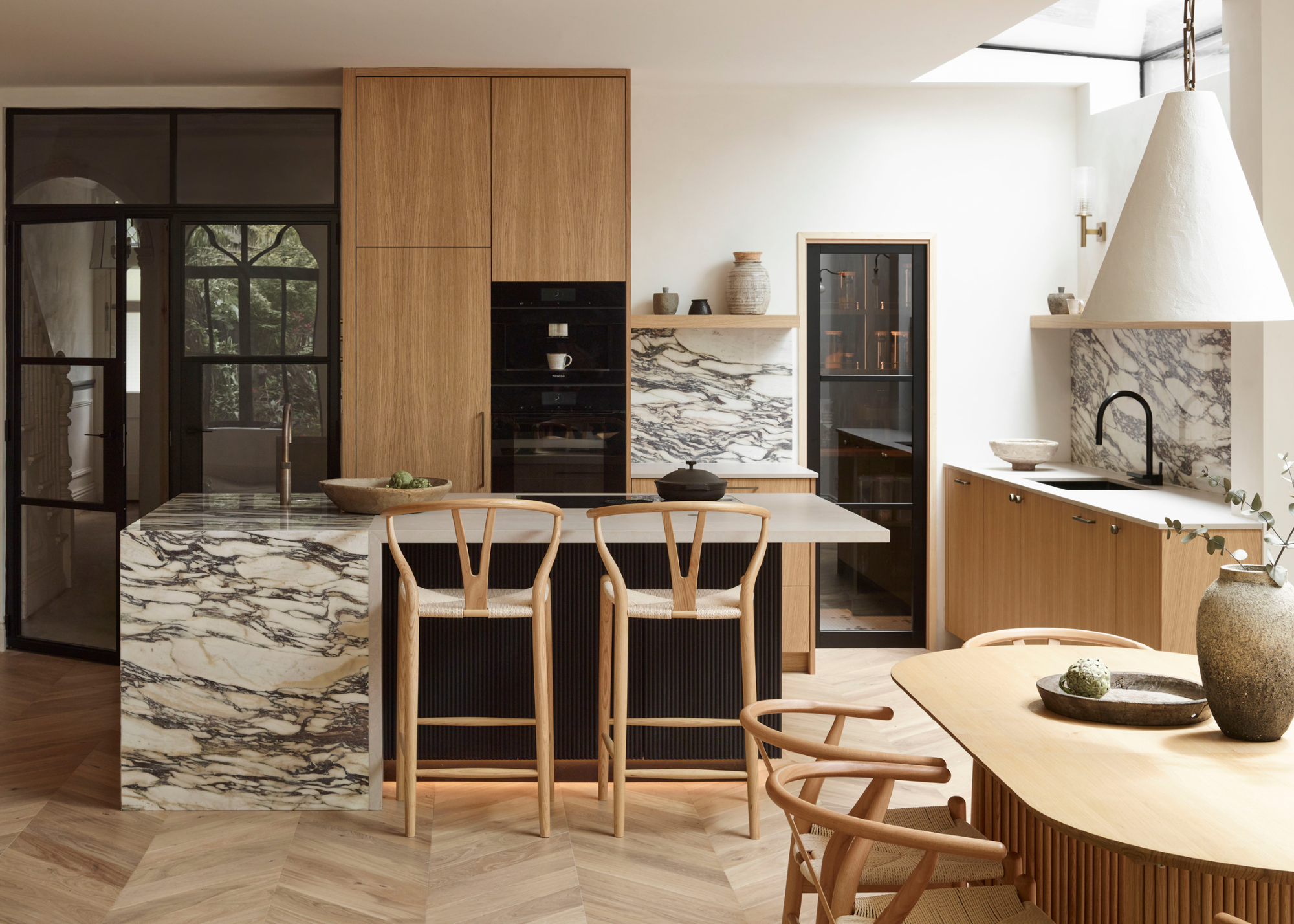
Although they may sound very similar, quartz vs quartzite should not be confused when it comes to their reactions to high temperatures.
As Judi explains, "The most sensitive to heat are man-made composites such as quartz counters and laminate like Formica. Their resin binders can scorch, discolor, or even soften, and repeated exposure to hot pans can leave permanent marks."
In general, many manmade materials are less equipped to handle high temperatures, as they often include binding substances with lower melting points.
It's also important to note that not all natural stones are equally suited to heat exposure, either. As Lizzie says, "Marble is not completely resistant to heat; it is not recommended to put hot pots and pans directly onto marble countertops as thermal shock can cause cracks to form in the stone."
As Charlie says, "Marble, limestone, and some engineered quartz surfaces can be more sensitive to high temperatures, with the risk of scorching, cracking, or discoloration if hot pans are placed directly onto them."
Protect Your Countertops With These Handy Products
So, which is the best material to go for in terms of heat resistance?
"For our clients, we tend to recommend quartzite as the best balance of beauty, practicality, and resilience. It brings the unique movement and depth of natural stone while reassuring you of exceptional heat and scratch resistance," Charlie tells me.
But if you still need some more inspiration, here are some of our favorite kitchen island ideas to get you started on your kitchen renovation journey.

Maya Glantz is a Design Writer at Livingetc, covering all things bathrooms and kitchens. Her background in Art History informed her love of the aesthetic world, and she believes in the importance of finding beauty in the everyday. She recently graduated from City University with a Masters Degree in Magazine Journalism, during which she gained experience writing for various publications, including the Evening Standard. A lover of mid-century style, she can be found endlessly adding to her dream home Pinterest board.
